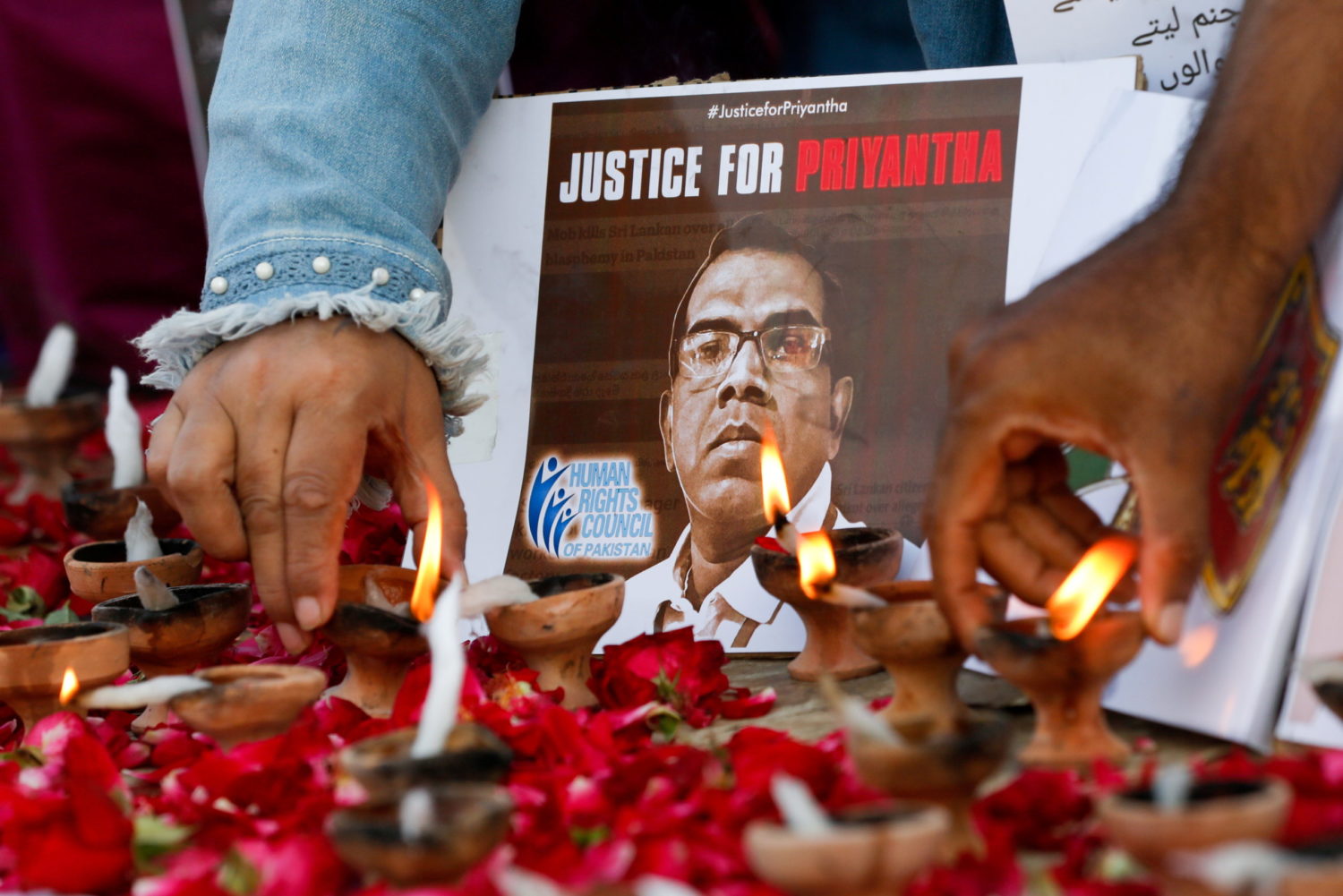
Important Takeaways:
- The size of the world’s nuclear arsenal has quietly increased in several countries amid fears of World War III.
- Officially, five countries – China, Pakistan, India, Israel, and North Korea – have increased their nuclear stockpiles by over 700 warheads over the past 40 years.
- But a 2024 report by the Federation of American Scientists (FAS), a nonprofit global policy think tank, warned that three other nations with nuclear bombs worldwide may be quietly stockpiling even more arms for a potential nuclear showdown.
- The fears come as groups like the US National Nuclear Security Administration (NNSA) have noted that a treaty to permanently ban nuclear testing has stalled, and countries like Russia and China have been seen constructing new buildings at their nuclear weapons sites.
- However, the US government announced last month that it will also restart its nuclear testing programs in secret underground facilities.
- FAS released the estimated global nuclear warhead inventories for 2024, showing there are 12,121 nuclear warheads scattered across nine nations.
- Russia outnumbers the US by several hundred warheads.
- The two nations control roughly 88 percent of this stockpile, with Russia reportedly holding 5,580 bombs and the US possessing 5,044.
- China, France, India, Israel, North Korea, Pakistan, and the UK control the rest of world’s remaining 1,500 nuclear bombs.
- Global tensions appear to be boiling over, with President Donald Trump warning Ukrainian president Volodymyr Zelensky that he is ‘gambling with World War III’ by not agreeing to America’s peace terms.
- Meanwhile, European leaders are publicly declaring their ability to defeat Russia in a major conflict.
- The experts found that 2,100 American, Russian, British, and French ‘warheads are on high alert, ready for use on short notice.’
Read the original article by clicking here.











